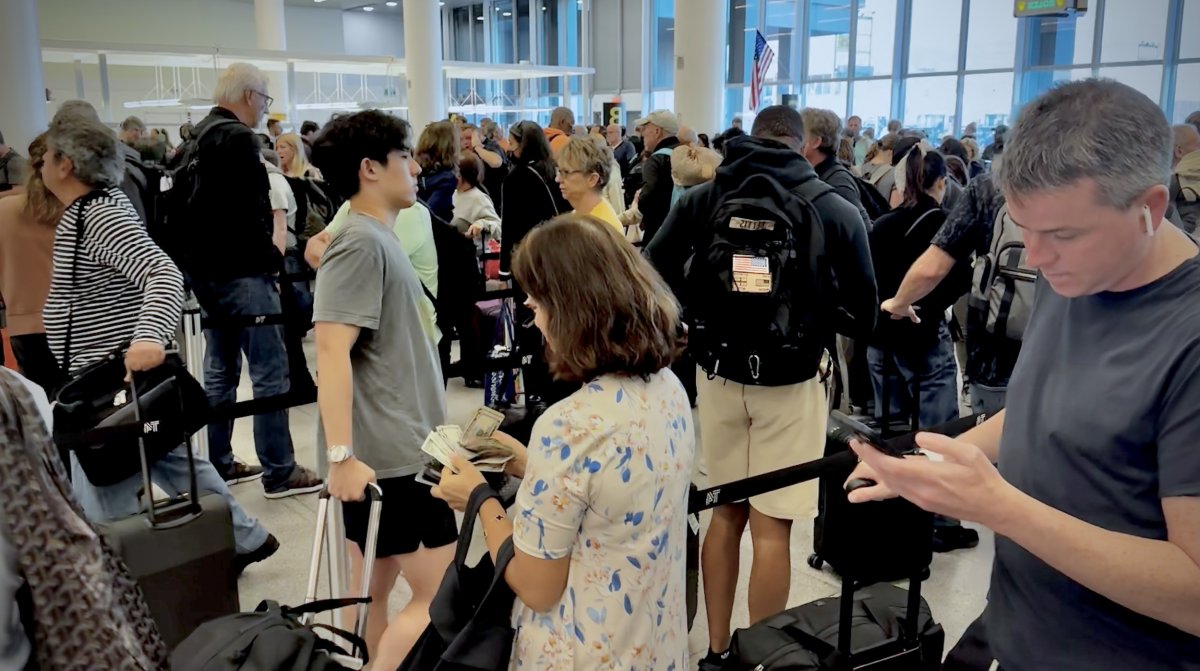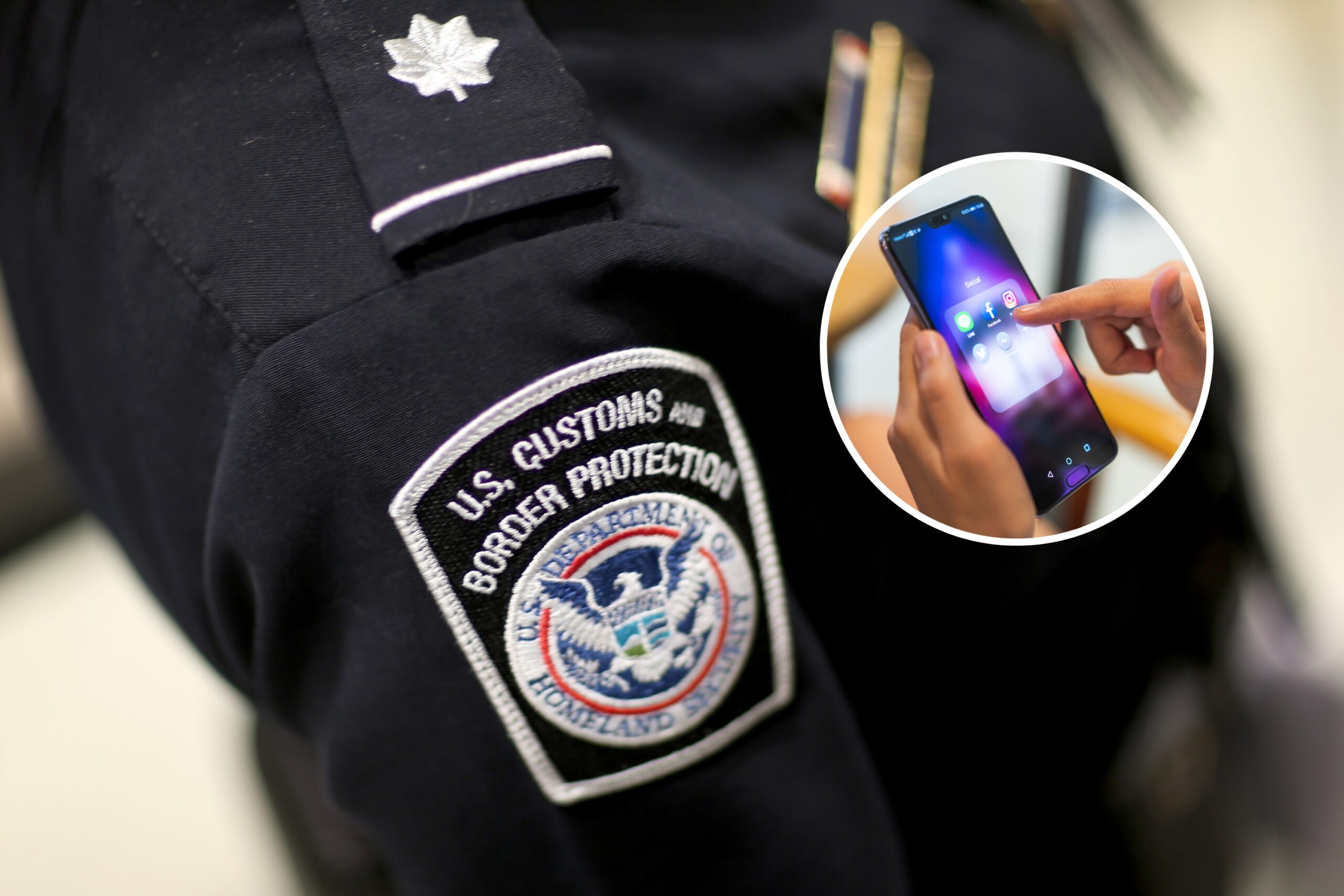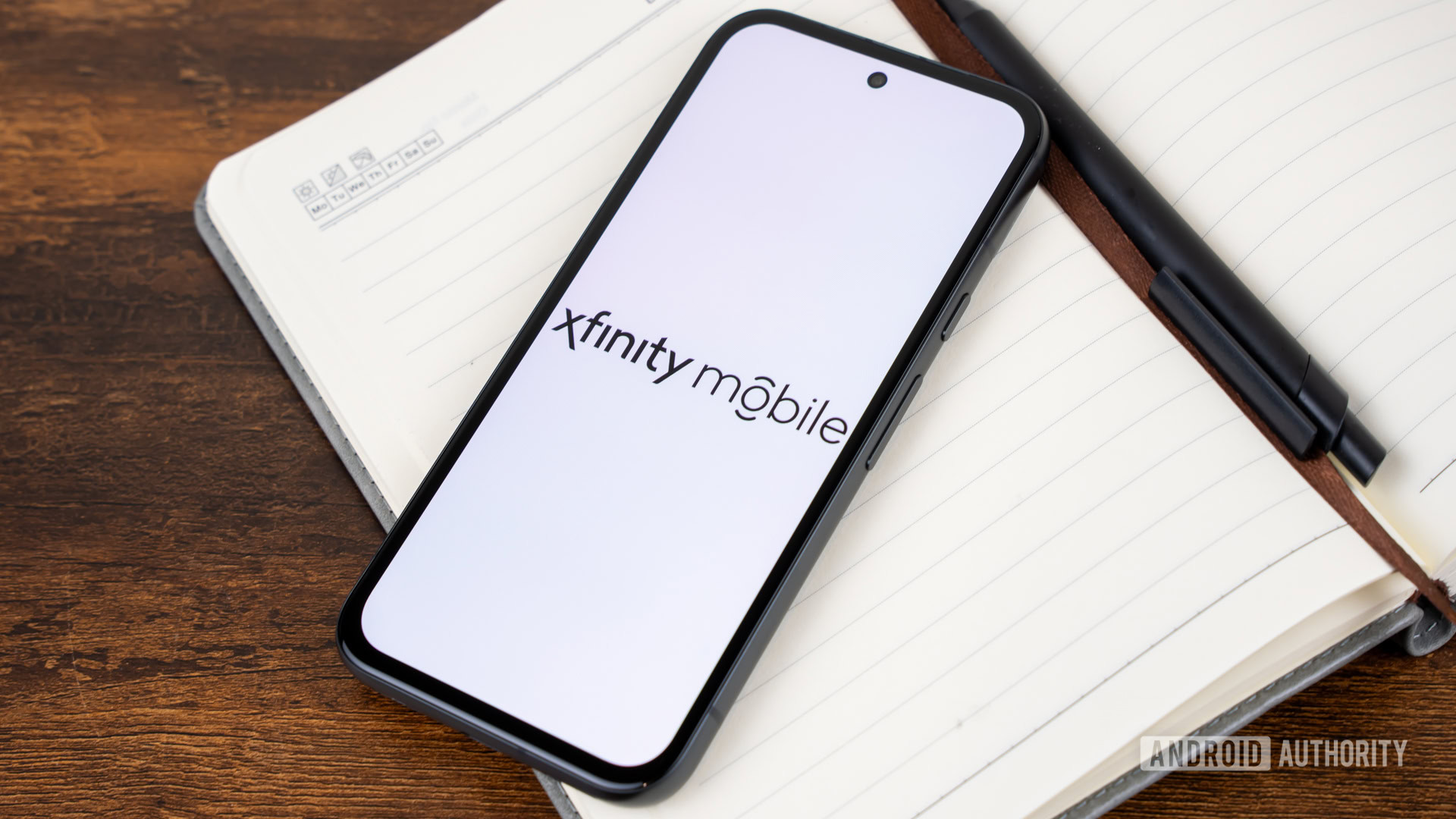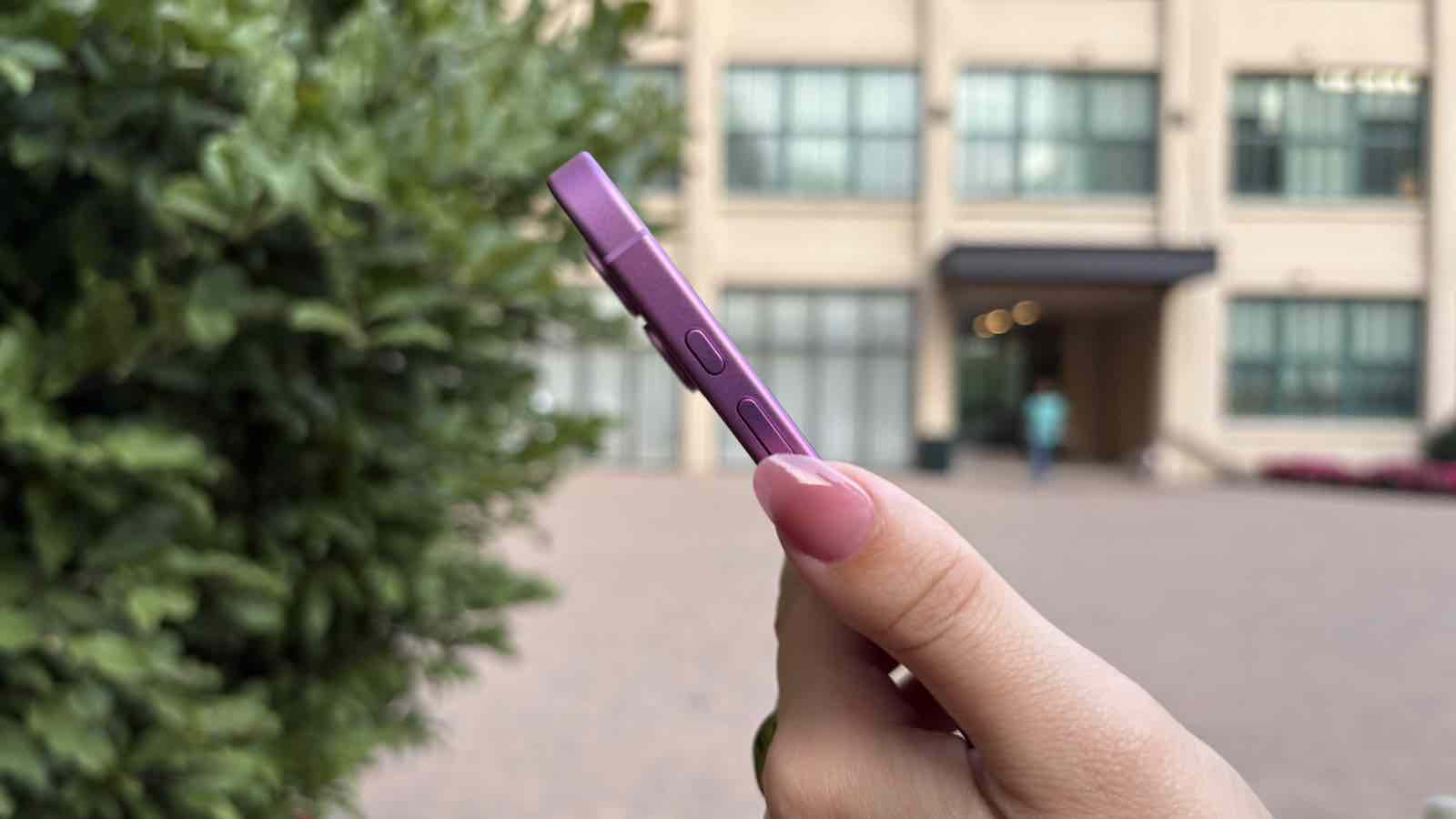More visitors to the United States are having their electronic devices and social media accounts checked when arriving at the border, raising questions about the legality of such a move.
On Wednesday, it was reported a French scientist was denied entry to Houston after U.S. Customs and Border Protection (CBP) officers found messages criticizing President Donald Trump‘s cuts to science funding. Photos on another visa holder’s phone allegedly showing support for Hezbollah saw her denied reentry into the U.S.
Immigration attorneys have also reported increased scrutiny of visa holders’ messages and social media accounts at official ports of entry, including airports.
“I’ve told my clients to be very careful about their use of electronic devices and bringing electronic devices like phones and laptops through the border, to make sure they haven’t unintentionally saved photos to their phone that might be controversial, even though they don’t think they are,” Elissa Taub, a partner at immigration law firm Siskind Susser in Tennessee, told Newsweek.
“And to be very careful about their actions online in WhatsApp, Telegram chats, things like that. Because if they are detained at the border or held up, CBP may ask to see their devices and they don’t really have a way to keep that from happening.”
Why It Matters
The American Civil Liberties Union (ACLU) has previously challenged the federal government’s stance that Fourth Amendment protections against warrantless search do not apply at the U.S. border. CBP says it has the power to seize electronic devices for search as a matter of national security.
Getty Images
What To Know
The French researcher was headed to the U.S. on a temporary visa for a conference, according to French media. When he arrived in Houston, messages about Trump were flagged, which was seen as grounds to bar entry.
CBP later told Newsweek that claims such actions were politically motivated were “completely unfounded.”
Dr. Rasha Alawieh, a physician at Brown Medicine in Rhode Island, held a “valid” H-1B visa when she was detained at Boston’s Logan International Airport last week. She was returning to the U.S. following a trip to Lebanon to visit family. U.S. officials said she had photos of Hezbollah leader Hassan Nasrallah, whose funeral she attended.
Can CBP Search Your Phone or Laptop?
Yes. CBP has the power to search personal electronic devices without a warrant. While the agency says this is rare, with less than 0.01 percent of travelers experiencing a search in Fiscal Year 2024, it can happen.
The agency, part of the Department of Homeland Security, states on its website that its ability to “lawfully inspect electronic devices crossing the border is integral to keeping America safe in an increasingly digital world.”
Officers can search mobile phones, computers, cameras or other electronic devices. A traveler must comply with an officer’s request, and denying access to electronics could be grounds for barring entry or legal action.
CBP says searches of electronics have led to identifying and combating terrorist activity, child pornography, drug and human smuggling and visa fraud.

Getty Images
How Does CBP Decide Who to Search?
According to CBP’s website, travelers who require further processing at the border and are moved aside for secondary inspection are more likely to see their devices checked, but this is not required.
Border agents have “broad discretion” to decide who requires secondary inspection, but it can be triggered by suspicions that a traveler’s visa is in question, potential immigration fraud or administrative issues, suspicion toward an individual, or simply an at-random check.
Is Data Protected?
CBP can log and save data its officers look through during an inspection if needed. Information could be held for as long as 15 years before requiring deletion.
The agency insists it has strong privacy and security measures in place to protect data, but the ACLU said in 2018 that travelers should travel with as little data as possible and ensure sensitive data is encrypted.
What People Are Saying
Elissa Taub, a partner at immigration law firm Siskind Susser, told Newsweek: “Unless you are OK with the government seeing what’s in your phone, it may be wise to think how electronic devices are being traveled with.”
Stephen Tale-Loehr, a retired immigration professor at Cornell University, told Newsweek: “The Border Patrol, or the agents at the airports, are scrutinizing people more carefully and determining more often, for example, that a tourist may be intending to work and then detaining them. This administration has declared war on immigrants and are using all available powers to try to make the United States unfriendly, both to people who want to come here and two people who are already here whether they’re here legally or illegally.”
CBP and DHS told Newsweek in a statement: “The Department of Homeland Security is committed to protecting individuals’ privacy, civil rights, and civil liberties. DHS, including CBP, uses various forms of technology in furtherance of its mission, including tools to support investigations related to, among other things, illegal trafficking on the dark web, cross-border transnational crime, and terrorism. DHS leverages this technology in ways that are consistent with its authorities and the law.”
What Happens Next
New Zealand, Germany and the United Kingdom have issued new travel guidance for the U.S. following tightening immigration enforcement at the border. Immigration attorneys are advising immigrants with visas to think carefully before leaving the U.S.


